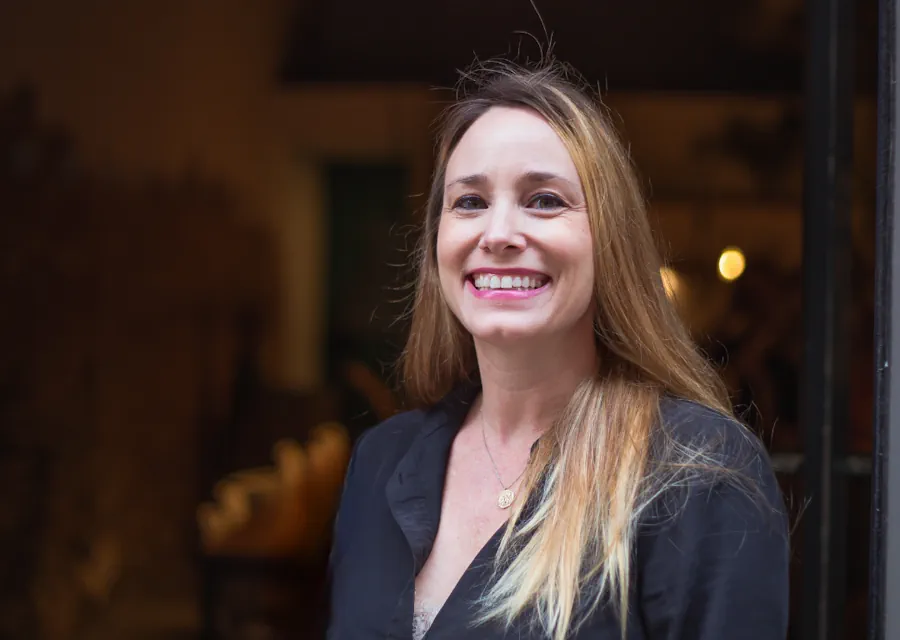Just what can and cannot education do for our learners? Where are the boundaries and the end of responsibilities? When and how should we offer windows or mirrors for learners? Are we truly allowing learners to direct their own way through, or is there some smoke around the mirror on our part?
These are big questions, and something we ask ourselves often. Windows can be opened outside our bubbles of culture, pattern and routine, but mirrors are equally important as we consider our place in the world, what we have to offer, and the way our experiences shade and define how we see things.
Empowering learners to think critically about their own lives, biases and awareness as part of a personal learning approach is an emblematic concept among those in the vanguard of change. In practice, however, things are not so easy. As Learning Guides, are we truly ready to let go and look into the mirror ourselves?
Personal Learning is true liberation
In his book “Pedagogy of the Oppressed”, Paulo Freire said “to alienate human beings from their own decision-making is to change them into objects.”
That message of true empowerment in this book was enough to have it banned in the apartheid state of South Africa, and to this day has President Bolsonaro of Brazil battling the high court over the right to attack Freire’s legacy and remove his statue from outside the ministry of education. As Black civil rights activist Assata Shakur said, “no one is going to give you the education you need to overthrow them.”
We are a long way from the prohibition of knowledge and disenfranchisement of personal learning and discovery on this end of the spectrum, but this is where things can get subtle. Does our own desire as educators to guide, inform, support and empower others cross into an almost imperceptible moulding of the person we wish to see? Or perhaps, the person we wish we were.
To hold up mirrors to our own experiences in tandem with the windows into the lived experiences of others is something which should be constant in the flow of learning. Learner and Learning Guide alike, should be engaged not only in “what do want to know and how do want to think” but rather in “how have I come to think this way” and “is there another way to see this”.
The constant contrast of mirror and window creates a dialogue which reveals the unseen. This is a conscious approach to education, which consistently engages learners and Learning Guides in the humility of co-discovery and open questioning, with each as open as the other to reevaluation and growth.
Asking ourselves the tough questions
Are we ready for this? As Learning Guides, we might have come from more traditional streams of education; from more privileged standpoints. Has the language of our pathways here created a framework of power, however subtle, that we are here with the answers, and the learners have simply to ask us the right questions…in their own time, on their own terms, but within a script we have unconsciously written nonetheless?
Can we support learners to dream big if we have not dared to dream ourselves? To what extent does the limit of our imagination restrict the windows we help open for others? We ask others to learn but how long since we have made space for that same vulnerability ourselves? There are no right answers, but to ask these questions and face the reflection has to be good enough.
To weave the conditioning of our environment into strands that can be picked apart with the right questions, is the role of a truly selfless educator, and their own strands must be part of that pattern too. Personal learning has to truly touch the person.
To support learners in developing compassion for others through the dissection of our own realities, we must have that same compassion and acceptance for ourselves and our never ending journey in the open.
Personal learning means letting go each and every day
Education is not a responsibility to disseminate knowledge, mould minds and give learners a better chance than we had, however noble that may feel. We do not define the start or end points in the arc of another’s story, but if we can let go of the need to narrate, the learner can discover something new of themselves on each and every page, and we are there between the words.
As the author Italo Calvino once told the audience in a Manhattan lecture:
“During my trip to join you… I was re-reading my text… and every now and then I raised my eyes from the page, glanced around, and discovered a world quite different from the world inside the written page; each time I started again to read, I was more perplexed, and each time the text looked different from before. This discontinuity between the written page, fixed and settled, and the moving multiform world outside the page never fails to strike me: even now, in this hall, every time I raise my eyes and look at my audience, I experience a familiar feeling of embarrassment, and I ask myself: Why have I written what I have written?“
When we “finish” our official training as educators, the true learning begins. We reread the text we have written and understand that it should never be fixed and settled. When we step into a learning environment we do so in partnership with learners and the multiform world around us, reflective at every step if we are to avoid imprinting our pasts onto their futures. When learning is framed around enquiry and not certainty, we are truly returning to its purpose.
Learn more about the new learning paradigm and how personal learning fits into this new model of learning.
Written by


